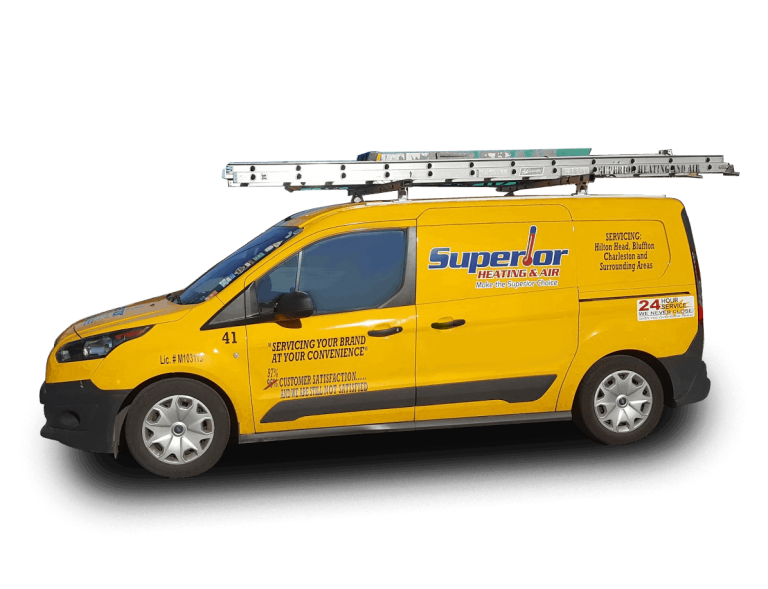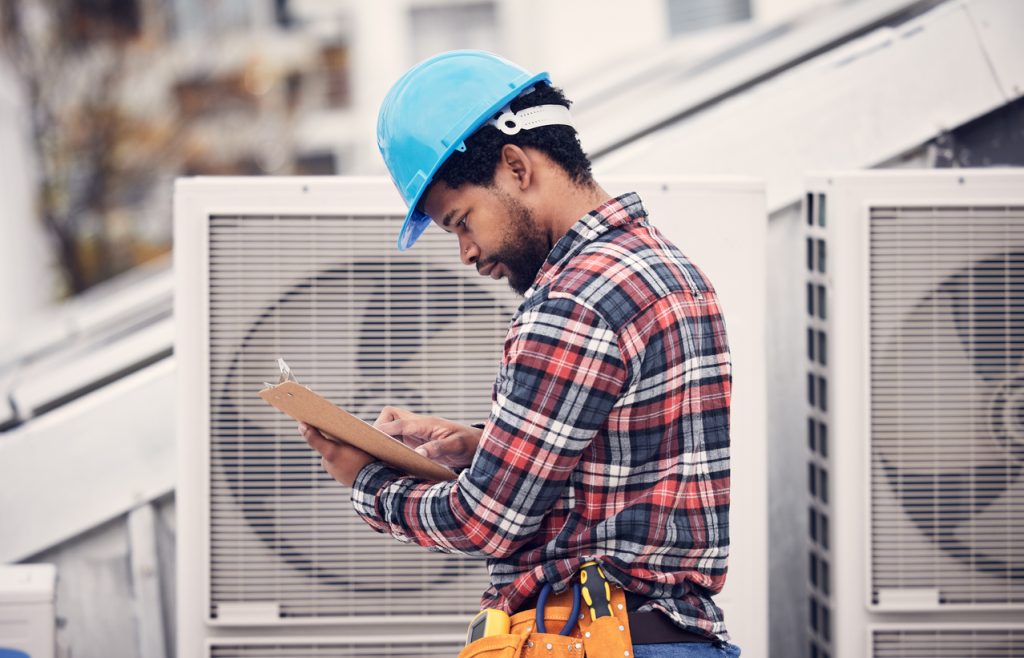Green technology can be large, like solar panels and wind-generated energy, but innovations in home cooling are also having a big impact. Green trends are making HVAC technology more sustainable, allowing homeowners and businesses to take advantage of climate-friendly solutions that also reduce their utility bills. If you are thinking of investing in new technology, consider these trends.
High-Energy Efficiency Ratings
Modern cooling systems are being made with advanced engineering that maximize their performance while lowering their energy consumption. Ultimately, this means they are able to do a better job at cooling properties without costing as much or producing as much heat. This, in turn, leads to greater cost savings for homeowners and lowers the impact of air conditioning on the environment.
What’s more, these systems also use the cleaner type of refrigerant that is less toxic and harmful to our ozone. If your HVAC system is over 15 years old, then it’s a good idea to talk to an expert about swapping your system for a more eco-friendly and energy-efficient model.
Geothermal Heat Pump Systems
Geothermal heat pumps offer an environmentally friendly alternative to a traditional HVAC system. They work underground, using the stable temperature of the earth to provide on-demand heating and cooling to a property. They’re more eco-friendly and serve as a powerful renewable energy solution for green-minded homeowners.
Geothermal heat pumps have lower greenhouse gas emissions than conventional HVACs. They ultimately have lower operating costs over their lifespan that can justify the higher up-front cost.
Smart Thermostats
This one of the easiest green home technologies to invest in. A smart thermostat uses sensors and programmable settings to cool your home for less energy and money. You can remotely activate many of these thermostats via smartphone. Doing this allows you to turn off the AC when you’re away and turn it back on before you get home, so you can always stay comfortable. Smart thermostats can also alter their settings based on different seasons, allowing you to get the most eco-friendly use out of your HVAC.
Variable Refrigerant Flow (VRF) Systems
A VRF system uses less refrigerant than a traditional HVAC system. The variable flow rate allows for more precise cooling at a lower cost all thanks to zoning. By dividing a home or building into different zones, the system tailors its use of refrigerant to provide optimal cooling while consuming less refrigerant overall.
This precision-based model of cooling ultimately makes systems run more efficiently while saving homeowners and business managers money.
If you’re ready to invest in the greenest cooling solutions available, contact Superior Heating and Air in Eatonton, GA, for expert AC installation services.


